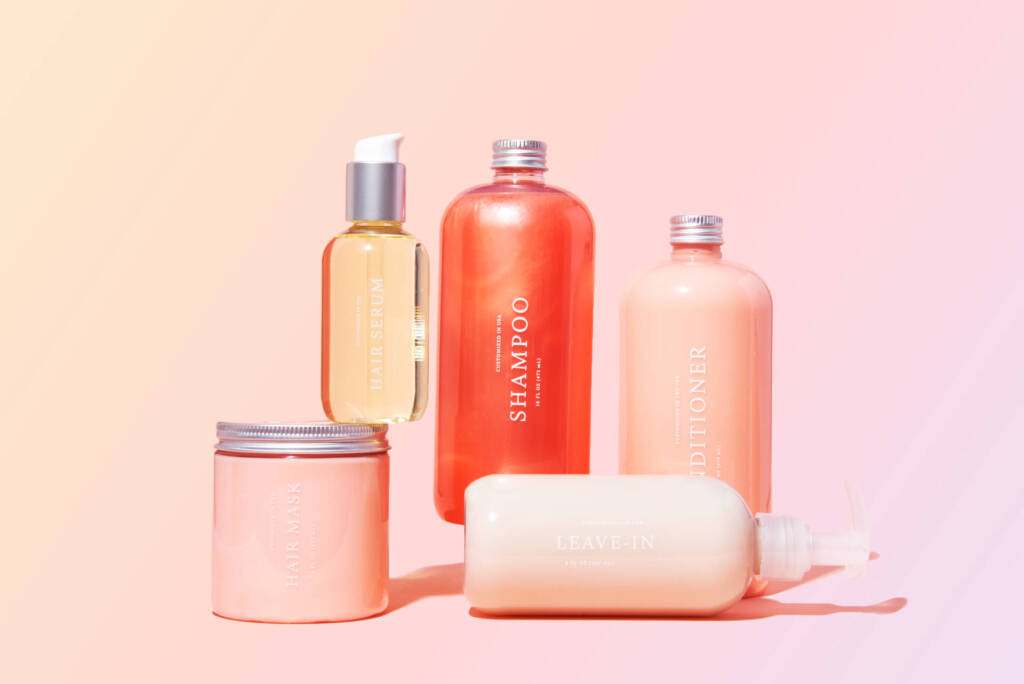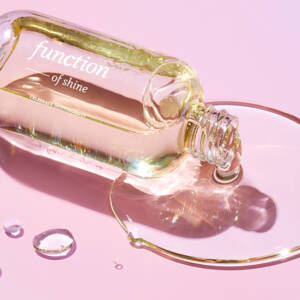“My hair was unthreateningly ethnic and, by extension, so was I.”
Once, I had Insta-worthy hair. A curtain of smooth, lightly-tex-laxed spirals that bounced around shoulders when I walked. I could roller set my hair, twist it out, flat-iron it. I could do those messy, white-girl buns and still look chic. My hair was unthreateningly ethnic and, by extension, so was I.
And then I moved overseas, where I’ve had the worst hair since that $7 Fantastic Sam’s “shag” debacle in the early ’90s, an epic jellyfish of a mullet with short curls in the front, and the opposite of a party in the back.

I joined my partner in Yaoundé, Cameroon, in 2010. Before I arrived, I asked him what I should bring for my hair. He was confident that I’d be all set. “You’re black, everyone here’s black, sooo…” In hindsight, I realize asking my bald, white boyfriend for hair advice was ludicrous. And that is exactly how my hair looked for most of the nine months I lived in the west African capital.
There was the time he left me with two Francophone hair dressers (I don’t speak French) to go grab beers with friends. The minute he left, I swear I heard horror movie violins. Out came cartoon-size dressmaking shears and there went my hair.
Next, there was what we laughingly dubbed “the parrot,” a strange blue, orange, and white confection of sew-in, synthetic weave installed by my one Cameroonian friend, a local sex worker who also did hair (and also did not speak English.) We had an awkward if friendly time, the night her nimble fingers braided my hair up into cornrows. I thought I was getting box braids but… not so much. I put the parrot out of his misery two days later. Eventually, I did get box braids, glorious mauve and gold plaits that hung past my back and were so heavy when I washed them, I had to lay down while they dried. They made me feel like a queen.
In Costa Rica, I found a Dominican salon, and my Spanish skills were enough to communicate what I wanted. Still, their wet-cutting technique left my hair short as a lamb’s — and apparently looking a whole lot younger. I remember a wispy teen young enough to be my son hitting on me when I left the salon one night.

We moved to Istanbul in 2015, the hair adventure continued. The time my language school had a salon field trip, the stylist just kept patting mousse into my hair, eyes widening in wonder as its volume doubled with each pat. I walked home depressed and looking like a baby lion. Then someone turned me on to Istanbul’s resident “curl expert,” an American Latina. We parted ways after she turned my hair bright green — I was going for subtle teal ends — and, later, undercut my hair into a mushroom shape.
Desperate, I did something I hadn’t done since college. Armed with a translator app, I strode into the salon where I occasionally got gel pedicures and asked for the Big Chop. I pointed to my mushroomy mop and asked in halting Turkish, “Can you cut this hair?” Turns out, he could.
“With nowhere to go I can finally do what I should have been doing all along: just letting my hair be.”
I already stand out in Istanbul because of my skin color and my size, so at first it was hard to embrace an Afro, even a small one. But all that, like everything else, changed during the pandemic.

With nowhere to go I can finally do what I should have been doing all along: just letting my hair be. Some days I pick out my now shoulder-length Afro and push it off my face with a headband. I wear fat cornrows — I refuse to call them Dutch braids — wrapped around my head into a crown. When my white friends gleefully reported that Istanbul salons were back open, I wondered what it must be like to be able to wander the world and get good hair cuts everywhere you land.
“My hair journey has had twists and kinks, but it’s all good now.”
My best friend and I will be cutting each other’s hair next. It doesn’t matter what it looks like. I know now that my hair always looks great. Black hair can be anything, from braided out Z-twists to bouncy roller set curls to our own messy bun, the ponytail Afro puff. My hair journey has had twists and kinks, but it’s all good now.





